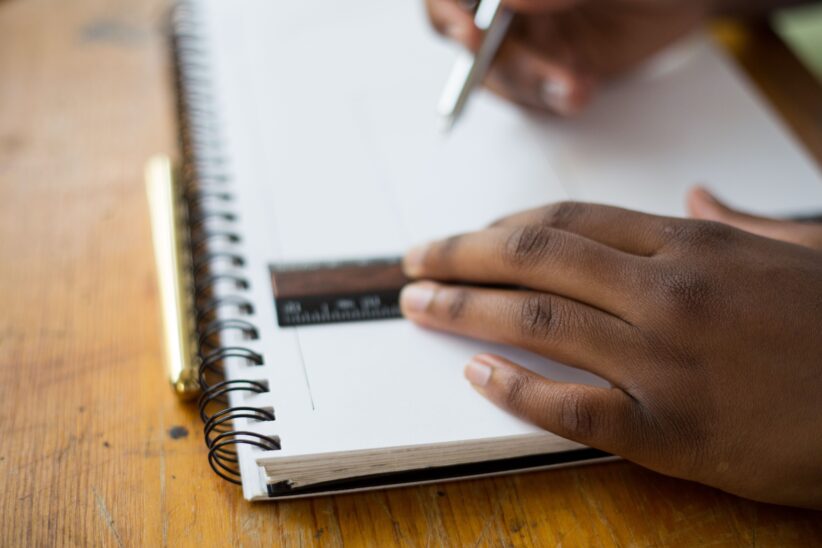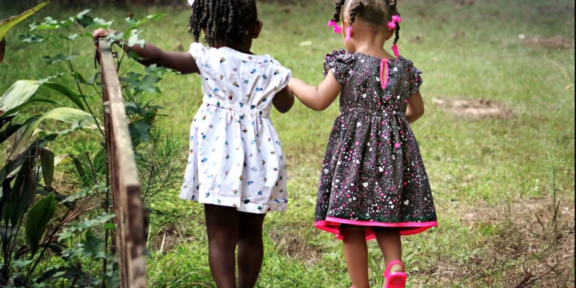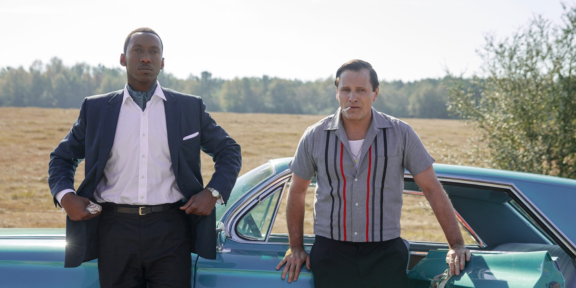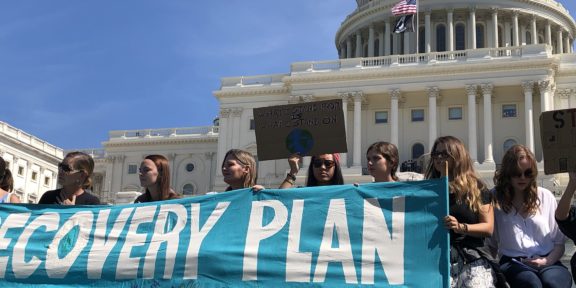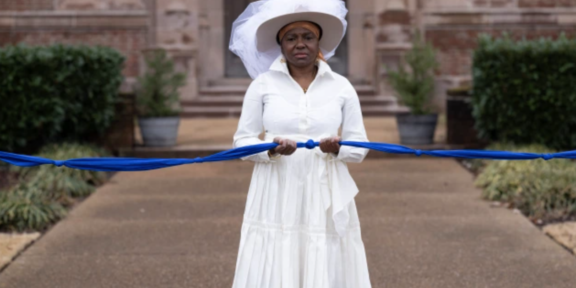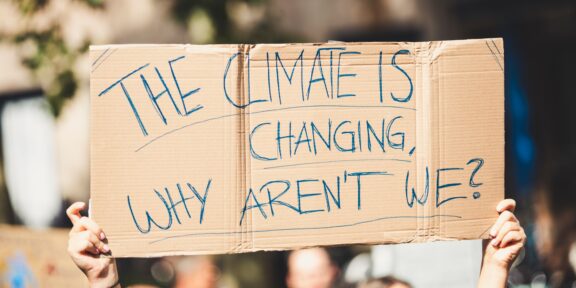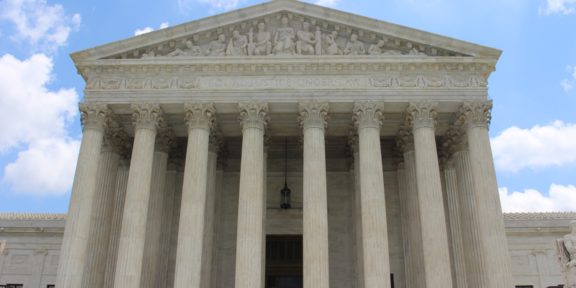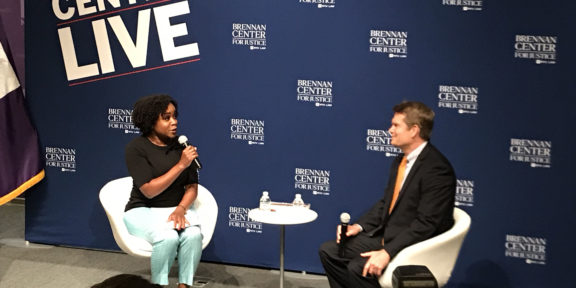By Alexis McCowan, Howard University News Service
Washington, DC — Prospective teachers appear more likely to misperceive Black children as angry than White children.
According to a new research study by the American Psychological Association, this may affect the learning environment for Black youth.This study was recently published online in the APA journal Emotion.
Led by Amy Halberstadt at North Carolina State University, the team asked 178 prospective teachers from training programs in the southeastern United States to complete an emotion recognition assessment. The participants saw video clips of 72 children, aged 9 to 13, making facial expressions depicting six emotions (happy, sad, angry, afraid, surprised, or disgusted). The kids were divided equally by race and gender.
The results were in. Black boys were misperceived as angry more often than White boys, and Black girls were more often misperceived as angry than White girls. Higher levels of anger bias did not increase the likelihood that Black children would face anger bias, but instead decreased the likelihood that teachers would misperceive White children to be angry.
In 2012, data from the Department of Education revealed that Black students were far more likely than white students to face harsh discipline following infractions at school than students of other races.
A study in the Journal of Personality and Social Psychology sought to find the likelihood in mistreatment of Black children and their white peers.
“Children in most societies are considered to be in a distinct group with characteristics such as innocence and the need for protection,” author Phillip Atiba Goff of UCLA told the American Psychological Association.
“Our research found that black boys can be seen as responsible for their actions at an age when white boys still benefit from the assumption that children are essentially innocent.”
Semiko Green, the mother of three Black boys, said that her eldest son was sent to an alternative school in the fifth grade after throwing a chair.
Green said that children in Nebraska could be sent to alternative school as early as the fourth grade.
“At that age you are already labeling the kid. They [teachers] have already put children in a category of not being able to excel,” said Green.
Psychologist, Dr. Sharon Thomas, said there is a long history of Black kids being perceived as “more aggressive, more manipulative, and less motivated in school.”
She continued, “If the action of a child is perceived as a behavioral issue instead of an emotional one, emotional needs are more likely to be addressed with discipline rather than compassion and empathy.”
She said the bias creates a sense of helplessness amongst Black students and mistrust towards teachers and administration.

